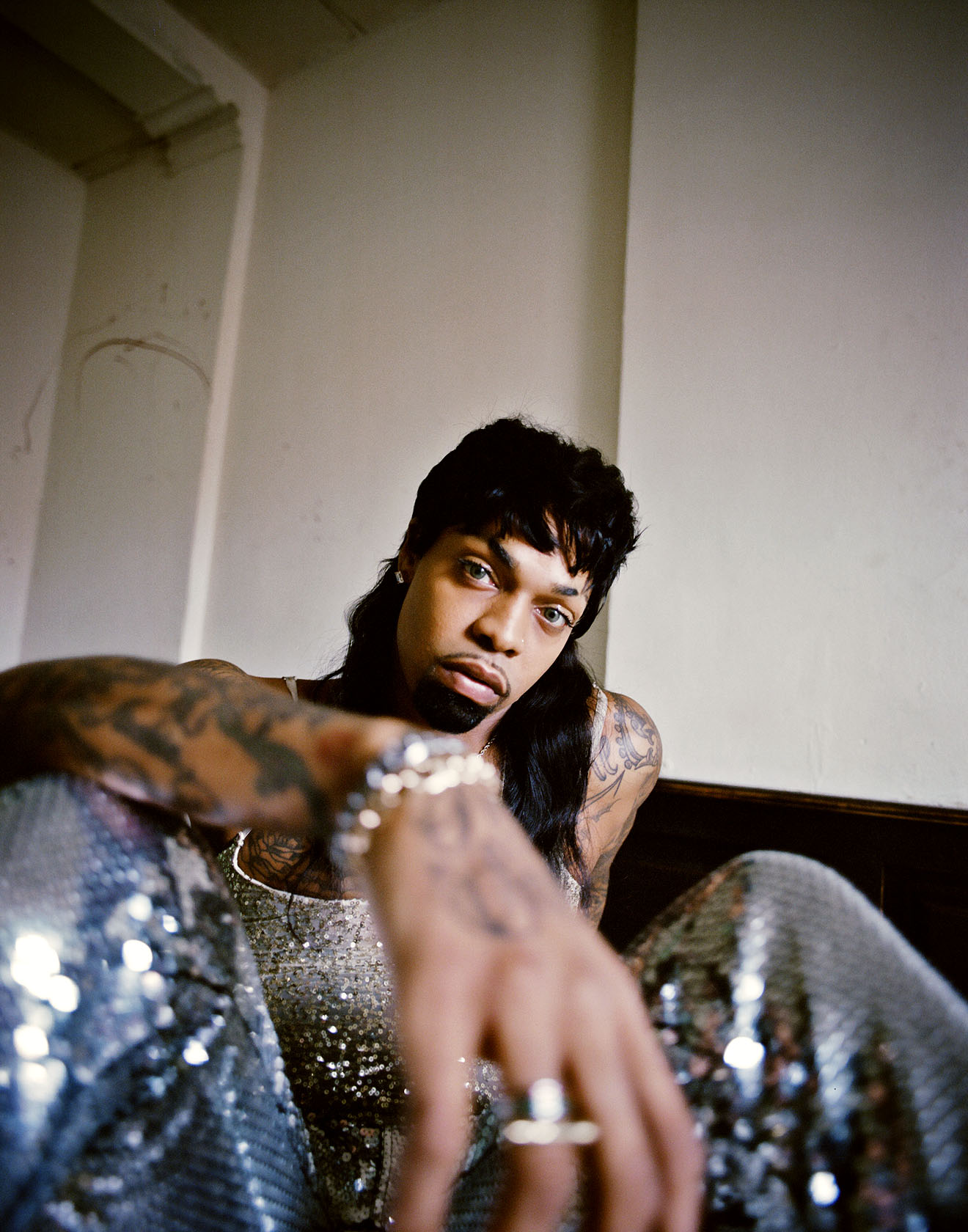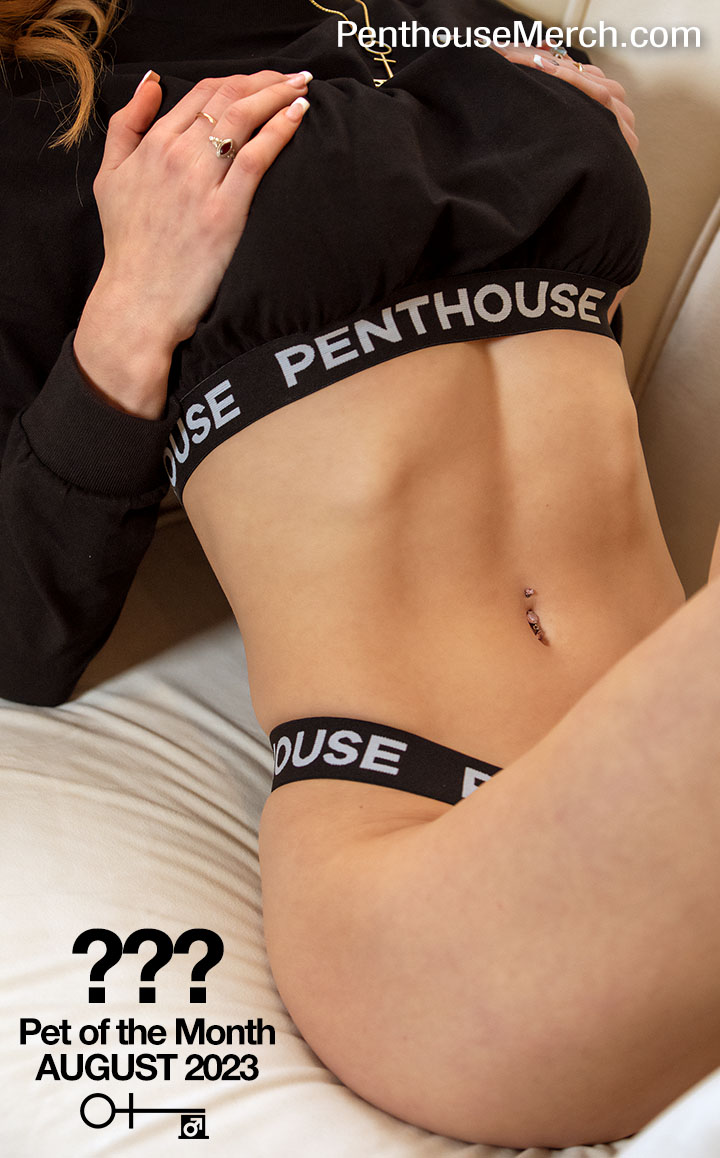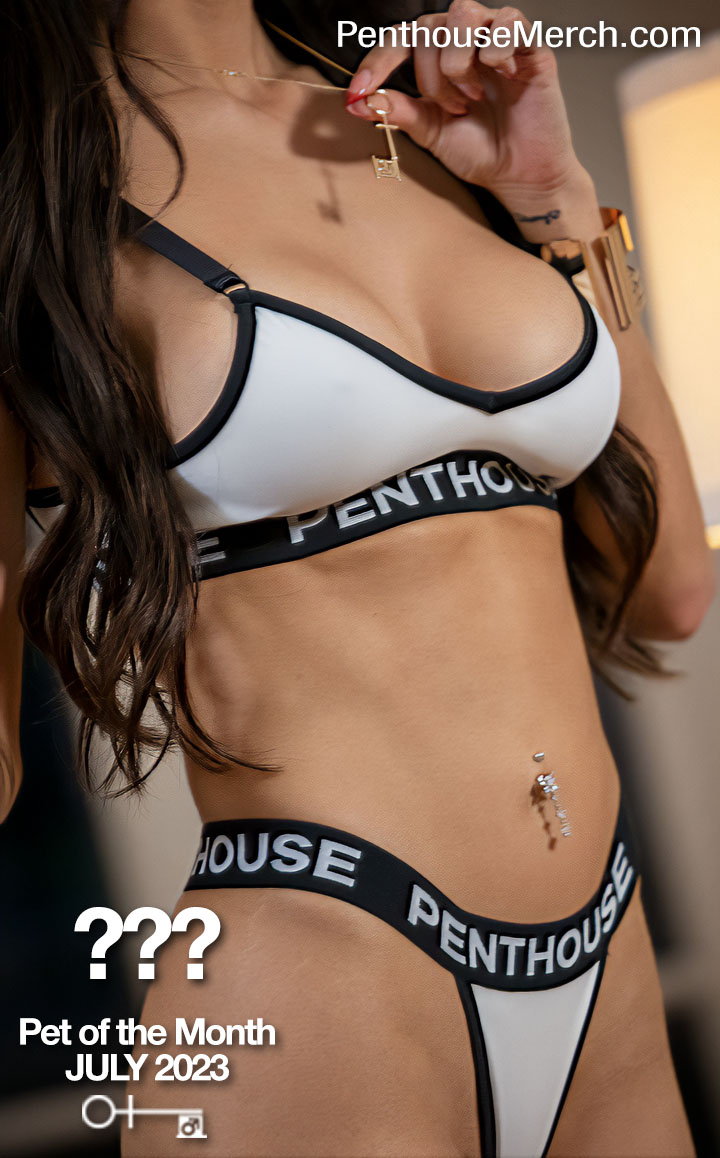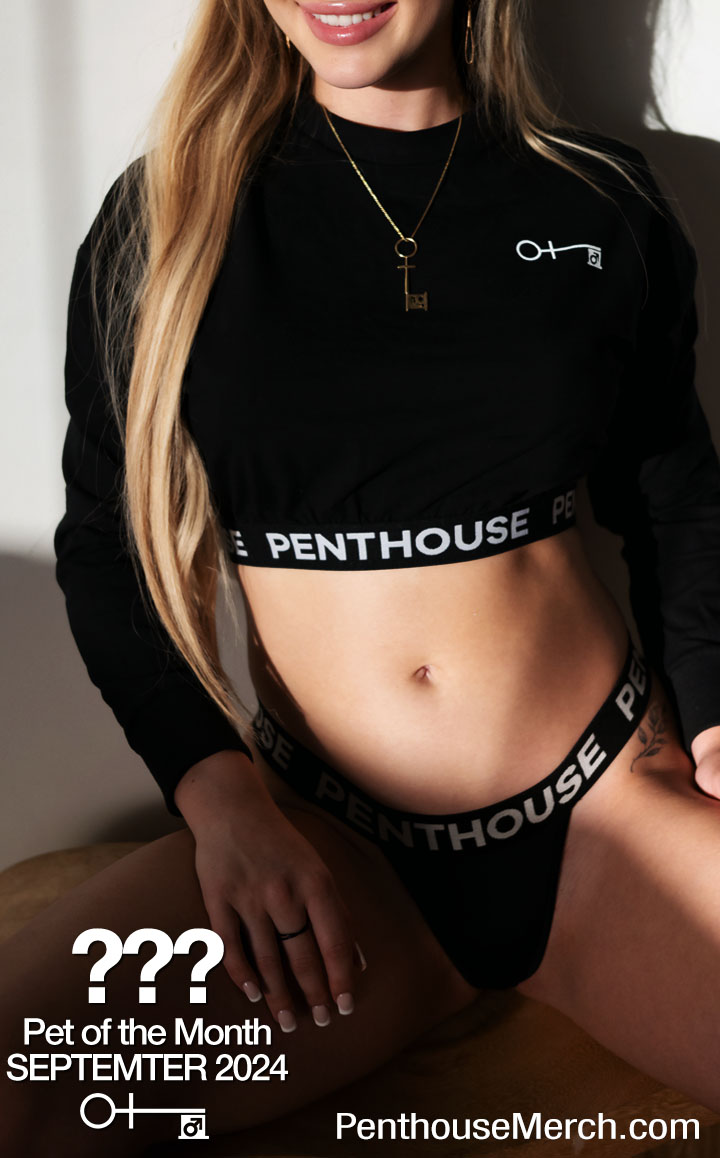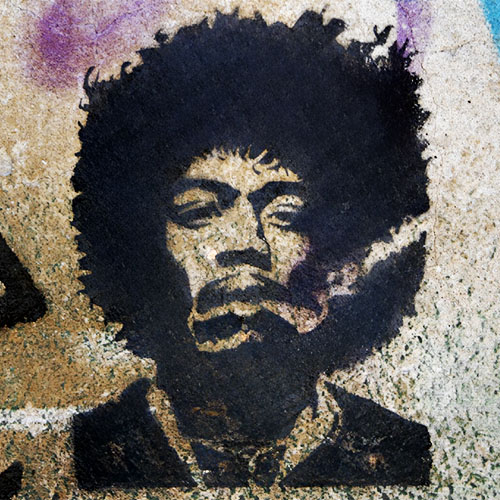Is Modern Culture Killing the Fuck Jam?
Pop music has always been about sex, but it’s never been as up-front about it as it is today. Thanks in part to pop listeners’ migration from radio to censorship-free streaming services, songs overtly sexual enough to have earned invitations from a congressional committee back in Tipper Gore’s day routinely hit No. 1 without anyone blinking an eye. Browse through Spotify’s agenda-setting Rap Caviar playlist and you can hear tomorrow’s crossover superstars describing, in diagrammatic detail, sex acts that weren’t even common in mainstream porn when 2 Live Crew was battling federal courts for the right to distribute their music.
Pop’s newfound unconflicted, hang-up-free sexuality is a testament to free speech and sexual expression, not to mention the amount of ground that free speech advocates have gained in the course of the past three decades of culture wars with conservatives. But as pop has shed its modesty, it seems to have also lost touch one of the greatest outlets for its erotic urge.
When was the last time you heard a truly sensual R&B ballad? Not just a song about sex, but a song about lay-you-down-by-the-fireplace, put-your-phone-on-airplane-mode, light-some-candles-and-bust-out-the-massage-oil sex? I guess what I’m asking is, when was the last time you heard an unforgettable fuck jam?
I bet it wasn’t while you were listening to pop and R&B radio. The airwaves used to be as dense with fuck jams as America’s plains once were with bison, from the unbuttoned-shirt virility of 70s soul seductors like Barry White, Isaac Hayes, and Teddy Pendergrass to unabashedly sexual female performers like Aaliyah, Missy Elliott, and TLC who ushered pop’s sonics and sexual identity into the new millennium.
These days, tuning into throwback-loving “strictly for the grown and sexy” urban adult contemporary radio like Chicago V103 and L.A.’s 94.7 The Wave can feel like looking at one of those old photos of huge piles of buffalo carcasses from a railway hunt and marveling that they were ever so plentiful. Out of the 100 songs on Billboard’s year-end Hot R&B/Hip-Hop Songs list for 2018, only the Weeknd’s “Call Out My Name” and SZA’s “The Weekend” really qualify, and coming in at No. 43 and No. 85, respectively, they didn’t exactly light the world on fire. Ella Mai’s smash “Boo’d Up” is sweet but not sexy. Ty Dolla $ign and Jeremih are continuously pumping out brilliant sex music that can’t seem to connect with a mass audience, while Spotify’s popular Are & Be playlist is continually full of emotionally intelligent but chaste quasi-bohemian bops like Pink Sweat$’s “Honesty.” I’d argue that the last truly fuck-worthy song popular enough to get any randomly selected group of intoxicated people to sing along with it–the ultimate marker of a pop classic–is Beyoncé’s “Drunk in Love,” and she put that out in 2013.
True, there are plenty of songs out there racking up Spotify spins by the multimillions that have all the sonic characteristics of a fuck jam. They’ve got the slow tempos, lush arrangements, even the right kind of lascivious mood, at least here and there. But they’re not really fuck jams because they’re not really about fucking.
About a decade ago, R&B-ish hip-hop records like Kanye’s 808s & Heartbreaks and Drake’s So Far Gone and hip-hop-ish R&B songs like Rihanna’s “Umbrella” and Beyoncé’s “Single Ladies” knocked down the last crumbling bits of the wall between the two genres. Rappers, emboldened by Auto-Tune and swimming in promethazine cough syrup, got slower and more sing-y. R&B artists who’d been raised on hip-hop started to emulate rappers. They started writing songs about the things rappers wrote songs about: ambition, material wealth, grudges. And crucially, they stopped making music for the bedroom and started making it for strip clubs, which are all about status and public displays of extravagant consumption, and only a little about sex.
The merger of hip-hop and R&B has been more successful than anyone could have imagined a decade ago. Now only has it swallowed the pop charts almost entirely, it’s produced some of the most adventurous artists to come out of the soul tradition since the seventies heyday of Curtis Mayfield and Marvin Gaye. The Weeknd has introduced a chilly postpunk atmosphere and gothic melodrama to a genre that in the past often felt stiflingly glossy. Rihanna has proven herself to be one of pop music’s most agile stylistic acrobats by putting her instant-platinum stamp on everything from bubbly EDM-pop to hard-edged trap music. Drake, who’s spent his entire career shape-shifting around any attempt to pin him down as either a rapper or a singer, has given us some of the decade’s most indelible melodies and become one of the biggest forces in all of popular culture in the process.
But sex is rarely the main focus of their songs, and when it is, it’s usually not as a source of pleasure unto itself. Most of Drake’s songs are about Drake, and sex for Drake is something to be accumulated, shown off, compared to his peers in an endless game of competitive status anxiety. He delights in his ability to attract sex, and describes the emotional and power dynamics of sex in intimate detail, but doesn’t spend much time talking about the act itself. His sexiest songs aren’t even about fucking. “Passionfruit” is about long-distance obsession. “Marvins Room,” whose title explicitly references Marvin Gaye, is addressed to an ex-lover but is almost entirely all about her new boyfriend.
Same thing for rap and R&B’s other reigning sex icons. Rihanna uses sex for fun and power. Future, possibly hip-hop’s greatest sensualist, uses sex–and slow jams like “Rich Sex”–as an excuse to inventory all the high-end jewelry he wears while he’s having it. The Weeknd used to write about sex as a compulsion on par with his enthusiastic substance abuse, presenting a dark flip side of the archetypal R&B sex fiend that was intriguing until it was done to death by nearly every R&B singer to follow him (along with the emo-inspired SoundCloud rap movement as a whole). These days he’s mostly channeling most of his erotic energy into his automobile collection, which he’s eroticized to the point of paraphilia on songs like “Starboy,” where his lovers are easily outnumbered and outshined by the small fleet of sports cars he lovingly lists. (Weirdly, it’s a trait that he shares with Marc Bolan from T. Rex, whose most iconic songs are all pretty much about how badly he wanted to fuck a car.)
It’s maybe fitting that consumption’s replaced fucking as the object of obsession in soul music’s modern-day descendants. The single-minded focus on grinding toward a particularly materialistic ideal of self-actualization hasn’t only spread to R&B artists–it’s become the defining worldview for an entire generation. The fragmentation of the American job market, the rise of the gig economy, and the way social media has blurred the lines between our personal and professional lives has turned us all into rise-and-grinders desperately hustling to secure our various bags. When you’re trying to stay ahead in a round-the-clock rat race that touches every aspect of your life, your sex life is naturally going to suffer. Today’s young people, the bread and butter of the pop market, are having less sex than previous generations, and voting with their Spotify streams for music that matches their priorities.
And the kind of sex they are having doesn’t exactly fit with the whole slow-jam paradigm. Hookup apps have made sex not just plentiful beyond what past generations of slow-jam sexual connoisseurs could ever have dreamed, but so convenient that we often treat it as just another order-in staple on par with Thai food. By their very nature, fuck jams depend on sex being a big deal–such a big deal that you can only adequately express it through orchestral string sections, sky-high poetic metaphors, or pornographically intricate blow-by-blow reports of exactly how it’s going down. I’ve had fun on Tinder hookups, and even some genuinely good sex, but nothing I’ve been moved to write a song about after.
Maybe fuck jams just aren’t the permanent form we once assumed they were. Maybe they’re like rap skits or hard-rock power ballads, features of the pop-music landscape that seem eternal, right up until they day you look around and notice they’ve disappeared.
It could happen. Surviving R. Kelly seems like it’s going to finally topple the undisputed modern master of the fuck jam, a figure so integral to the past two decades of its evolution that his downfall could manage to bring the whole genre down with him. I suspect that one of the reasons so many people were so resistant to hearing that he’s a sexual predator is that deleting him would mean erasing a huge swath of their personal sexual discography. I wouldn’t blame a listener who feels gun-shy about getting so intimate with a singer again.
Or maybe we’re just in a drought.
There are still some very good songs coming out that don’t promise eroticism only to deliver a catalog of luxury watches. Frank Ocean, who almost everyone agrees is on course to make the era-defining album of his generation, showed on Blonde that he’s got the Prince-like ability to turn any song, in any possible mood or style, into a fuck jam. FKA Twigs is probably on more sex playlists than Sade at this point, and she’s overdue for a return to the spotlight. Tank’s recent single “Dirty” deserves recognition for the sheer depth of its lyrical depravity, including the line “I’ll violate all the meat on your bones.”
And then there’s Ian Isiah, a singer blessed with an angelic falsetto that maintains its strength and suppleness even at stratospheric heights, as well as a polymorphously perverse sensuality that permeates his music. Raised in his family’s church band, he’s a gospel singer with an operatic sense of soaring drama that he uses to elevate the fuck jam into the celestial sphere. His recent Shugga Sextape (Vol. 1) wafts out of speakers on a cloud of diffuse, prismatic horniness that comes as close as music can to capturing the feeling of being on really good, really pure MDMA. The music, arranged by Kanye-approved producer Sinjin Hawke, is seductively futuristic, as is Isiah’s kinky-glam androgynous style, but his reverence for the sacred power of the erotic runs straight back through the entire lineage of seductive soul music, and hints at a connection much older than even that. If the fuck jam as we know it is crumbling, this is what’s going to crawl up out of the rubble and take it somewhere new.






